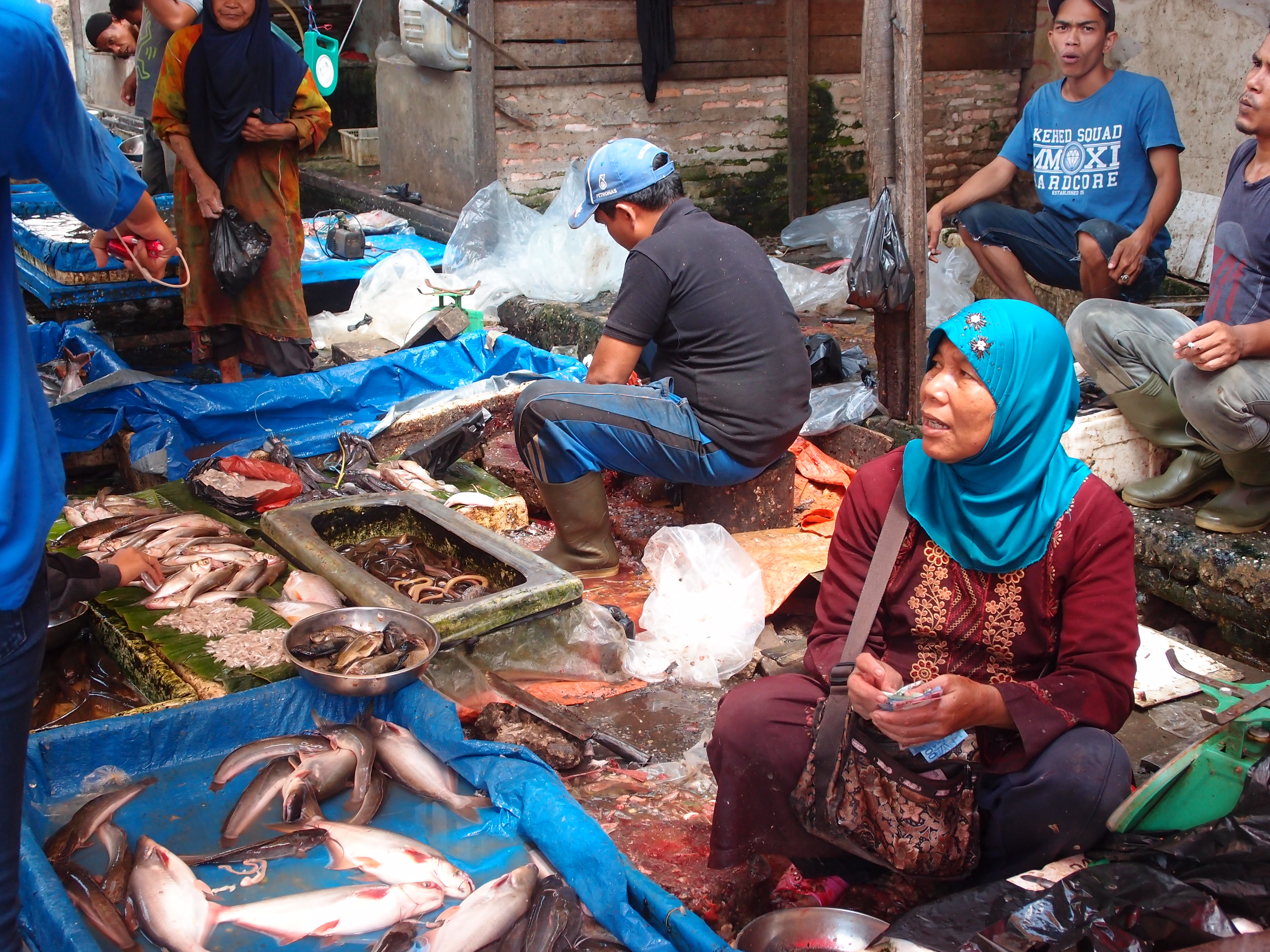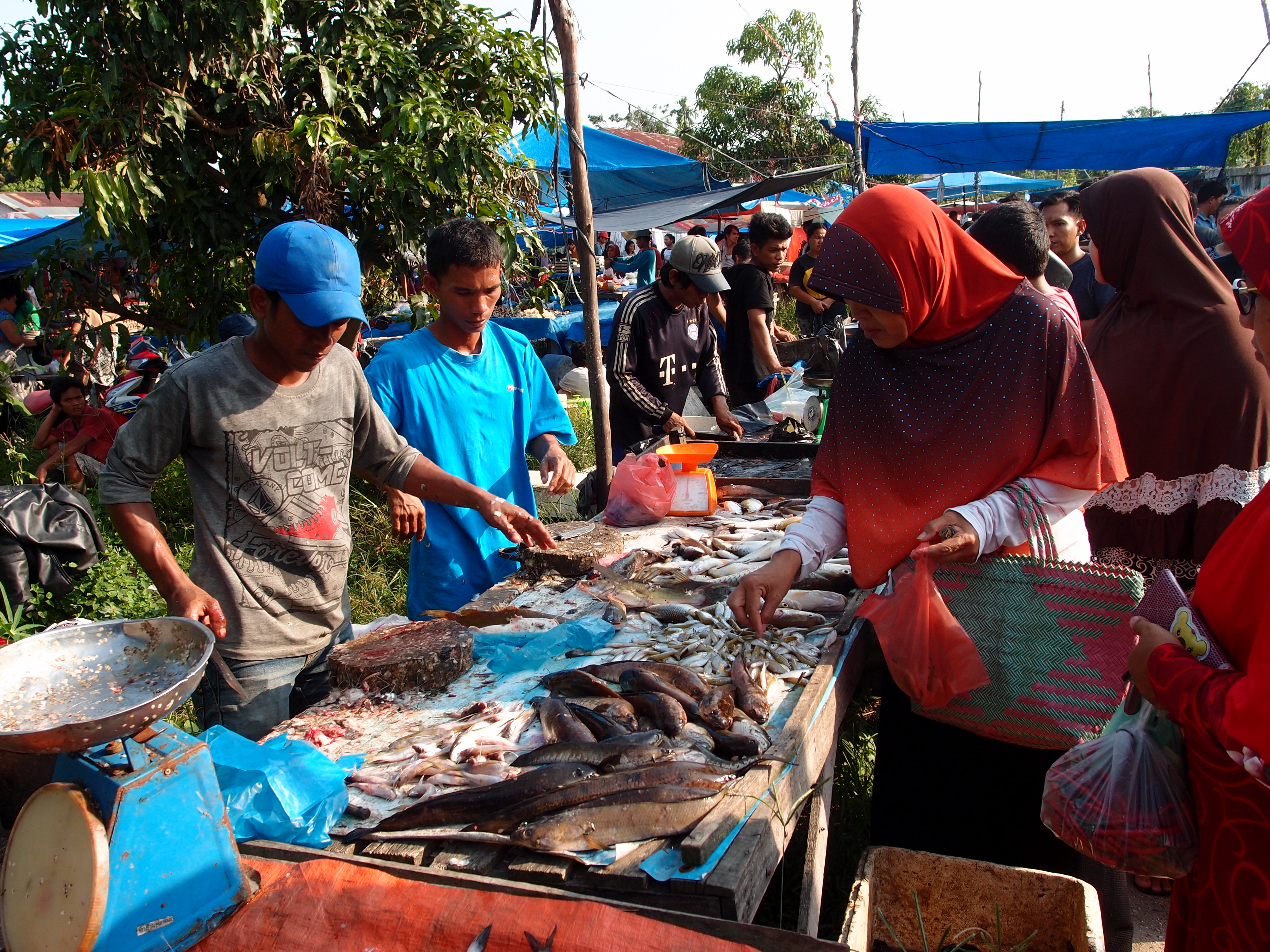- Project Leader:Furukawa Fumiko (Kobe university, Graduate school of human development and Environment)
- Collaborators:Samejima Hiromitsu (Institute for Global Environmental Strategies, Natural Resources and Ecosystem Services)
- Masuda Kazuya (Kochi university, Department of Agriculture)
- Okamoto Masaaki (Kyoto University, Center for Southeast Asian Studies)
- Kawai Masayuki (Institute for Global Environmental Strategies, Natural Resources and Ecosystem Services)
- Fujisaki Taiji (Institute for Global Environmental Strategies, Natural Resources and Ecosystem Services)
- Mizuno Kosuke (Kyoto University, Center for Southeast Asian Studies)
- Kozan Osamu (Kyoto University, Center for Southeast Asian Studies)
- Koizumi Yusuke (The University of Tokyo, Graduate school of Arts and Sciences)
- Ooide Ayako (Mitsubishi Research Institute)
- Shiodera Satomi (Kyoto University, Center for Southeast Asian Studies)
- Suzuki Haruka (Riau university)
- Fuchigami Yukari (Osaka university, Institute for Academic Initiatives)
Outline of Research
Studying the introduction, expansion, and impacts of industrial afforestation and oil palm cultivation in Indonesia requires a grasp of village-level characteristics as well as longitudinal comparison. However, when the target of the study spans a wide area, there are limitations to relying only on field surveys. To overcome this difficulty, we will examine the use of the Village Potential Statistics (Potensi Desa / PODES) in conjunction with census data. By examining these statistics in light of data obtained through field surveys, we situate specific villages in relation to national and regional trends. We also examine population movements and how the subsistence strategies of local residents have changed.
Description
In Indonesia, a shift from state-led resource development to environmental restoration and community assistance projects has been underway since the late 1990s. Focusing on industrial afforestation and oil palm cultivation, this study will show how macro-level trends are affecting village society by integrating data from field surveys with nationwide statistical data on villages.
While many problems have been pointed out with regard to industrial afforestation using fast-growing trees and oil palm cultivation, contributions to securing timber resources and producing renewable energy are also expected. In addition to investigating associated longitudinal impacts on particular villages, it is also necessary to ascertain whether these are the results of region-wide trends against the backdrop of significant nationwide economic growth or the effect of specific development programs.
PODES data have been published every three years since 1983, and thus encompass not only the period before and after the major expansion of oil palm cultivation and industrial afforestation activities in the 1990s, but also cover the Transmigration Resettlement Unit and Remote Ethnic Resettlement activities that have taken place since 2002. Although many of these statistics have been aggregated mainly at the provincial level, employing an administrative village breakdown of the PODES dataset will allow a more finegrained analysis. Moreover, incorporating the entirety of information from 1983 to 2014 into the latest dataset will facilitate data processing and linking with GIS data, thereby allowing a wide range of analysis.
 Interview survey on Fishery resources in Pekambaru, Riau province |
 Freshwater aquaculture production in siak, Riau province |
